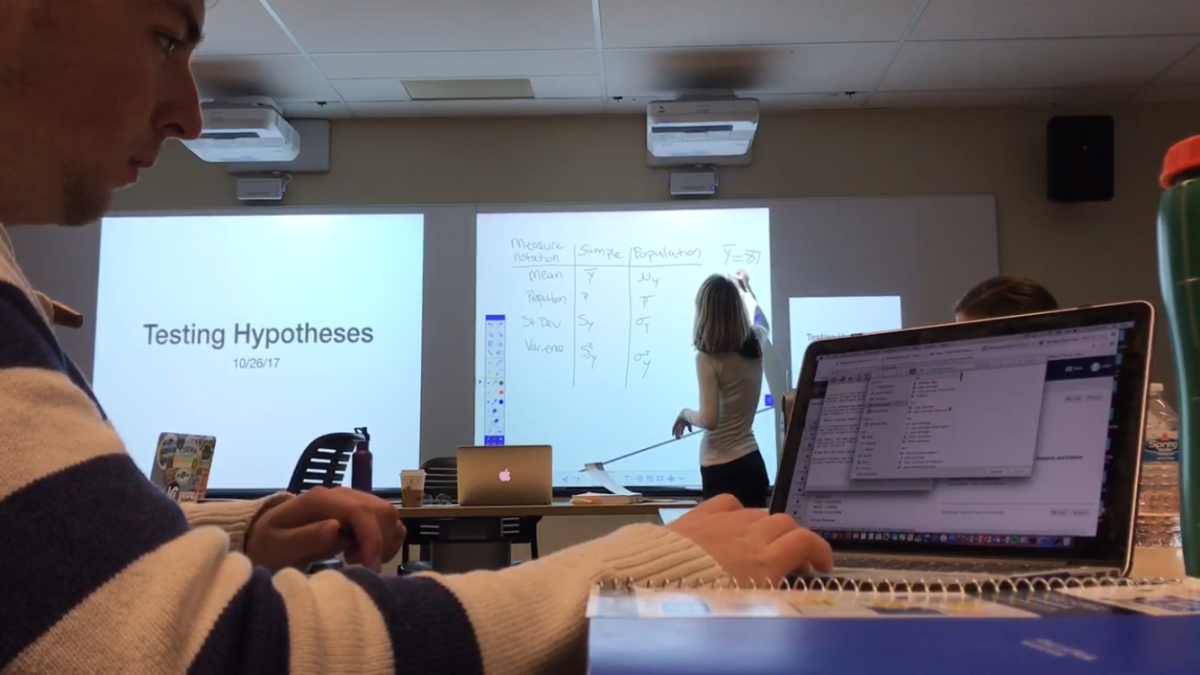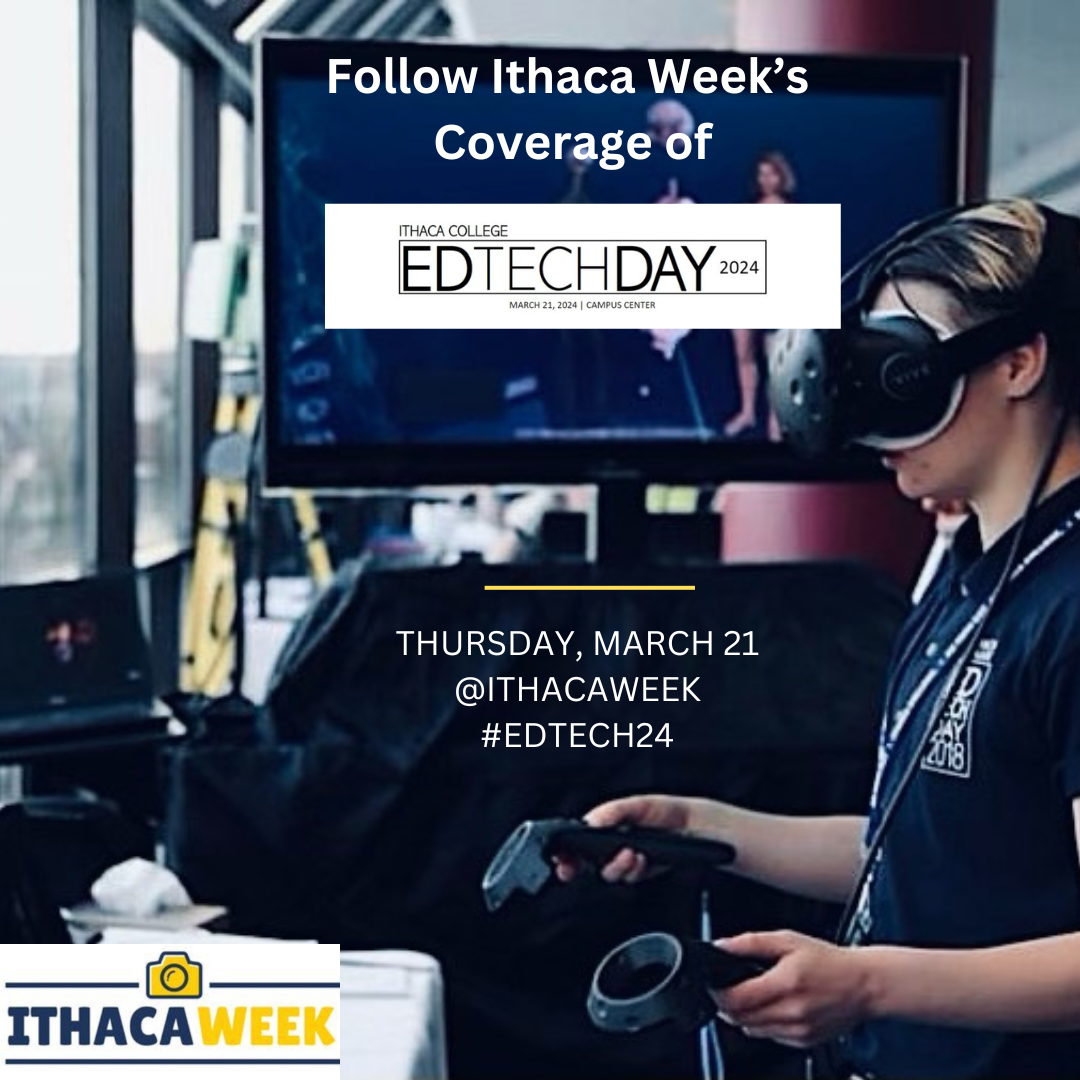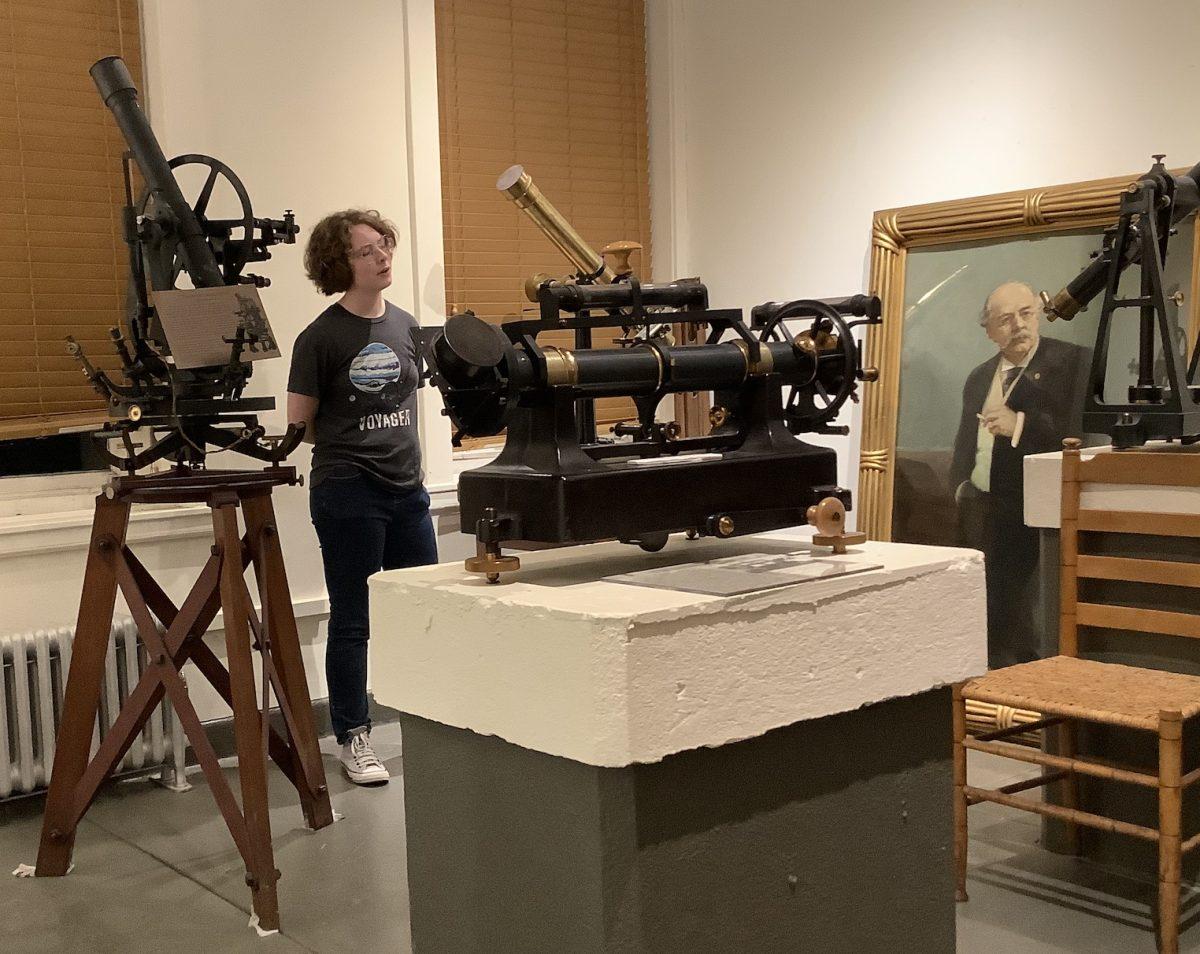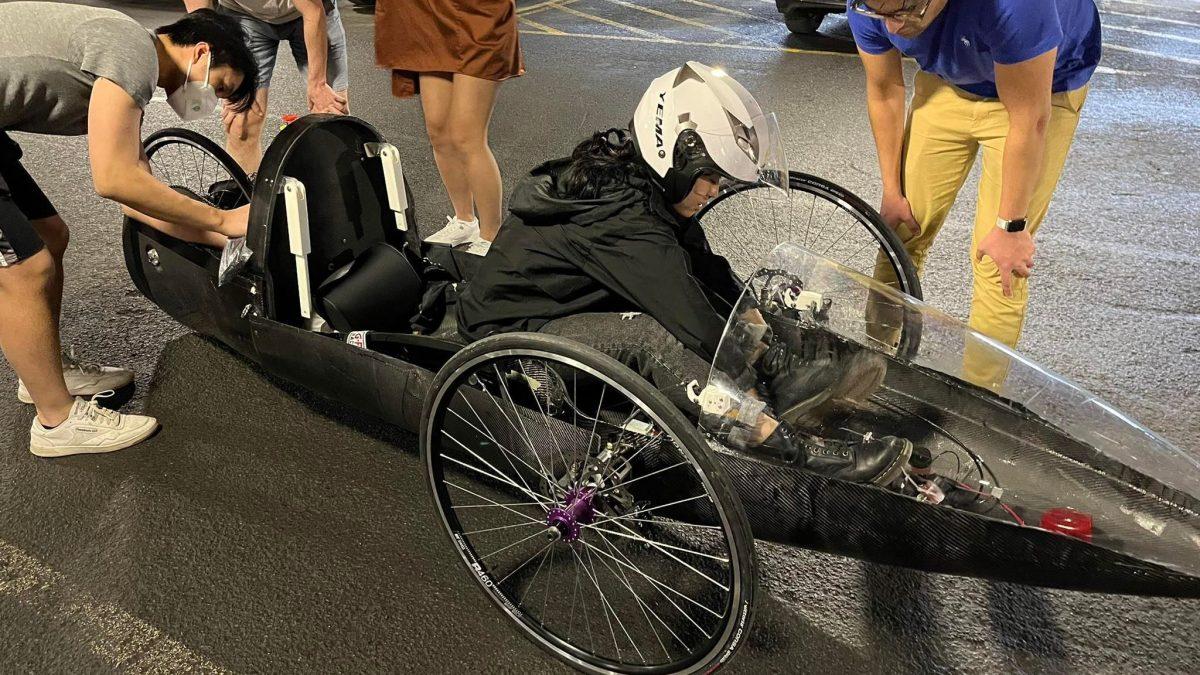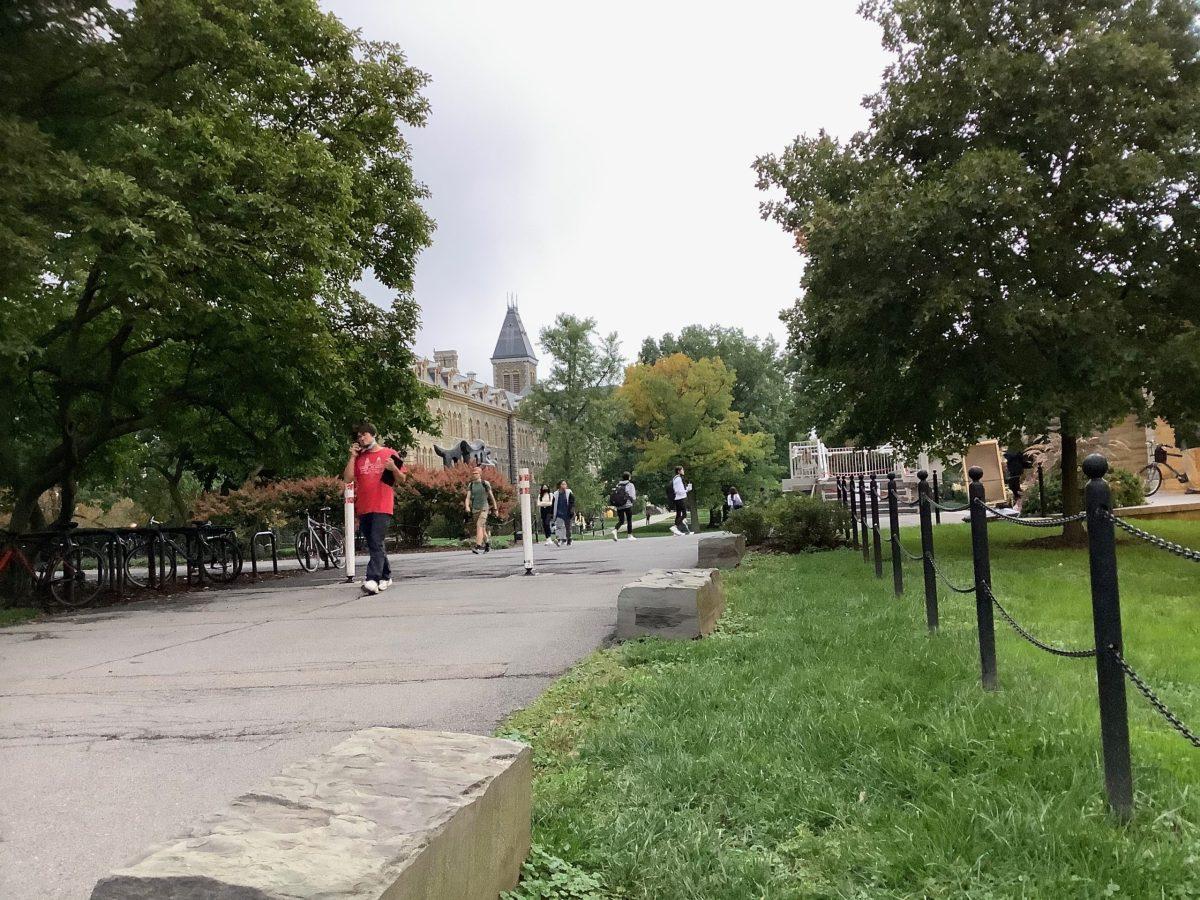Should students be allowed to use their laptops or tablets during class and can they be trusted to only use technology for classroom related purposes, or should all devices be banned in the classroom in favor of handwritten notes?

Ithaca College’s Center for Faculty Excellence, in collaboration with professors Julie Dorsey and Julia Lapp, is hosting a series of digital device debates for the college’s faculty members to discuss their experiences with technology policies in the classroom.
Dorsey, an associate professor in the Department of Occupational Therapy, serves as a chairperson of the college’s Academic Policies Committee, which wanted to help faculty have these conversations about policies surrounding technology use in the classroom. Over the last few years, Dorsey says the committee has noticed more faculty putting statements banning technology use in the classroom on their syllabi.
“Some of the statements we viewed as problematic because they essentially banned technology, saying that you can’t use technology in the classroom unless you have a disability, which would then identify the student with a disability,” Dorsey said.
Dorsey says policy problems that completely ban technology are part of the reason why the committee wanted to have a faculty discussion, so professors could learn more about the pros and cons of their policies.
Does multitasking reduce learning?
One reason Dorsey says laptop use is so highly debated is the ease of distraction for students, the ability to do multiple things at a time on your device while also trying to listen to a lesson.
“There’s research that shows that multitasking isn’t really a thing, we think we’re good at multitasking but it’s actually just dividing your attention,” Dorsey said.

A study done by researchers at York University and McMaster University, titled Laptop multitasking hinders classroom learning for both users and nearby peers, found that students who were multitasking on a laptop during a lecture class were distracted learned less and scored less on an exam, as did students who were in the view of others on their laptops.
However, there are also those who support laptop use. The article Don’t Ban Laptops in the Classroom written in The Chronicle of Higher Education, argues students will get distracted regardless if they have laptops and should be taught strategies to manage tendencies to multitask and reduce their distractions.
A professor’s change in perspective
Associate professor and chair of the Department of Philosophy and Religion, Craig Duncan, attended one of the faculty discussions and says he has recently started to rethink his policy on digital devices.
“For the past four years, my syllabus has a line in it that says no electronics in the classroom,” Duncan said. “Often students would surf the web or check social media, and other students would be looking at their screen and it was a little disruptive, throwing me off my game in the front of the class and I started to get paranoid anytime I saw a laptop open.”
The reason Duncan is in the process of rethinking his current policy is that as an evaluator of other professors in his department, he has sat on the students’ side of the classroom and saw how they chose to use their laptops.

“Being at the back of the classroom and watching all that was going on, I was actually impressed that the students were actually using the technology responsibly, which made me think that maybe I was a bit paranoid in my decision a few years ago to have no laptops in the class,” Duncan said.
A technology-driven generation
Senior communication management and design major Michelle Wolf says she finds her laptop beneficial to use during class.
“I think my laptop is a really good tool for taking notes, since I write slow but type fast, and in some of my classes professors will have us use our phones or laptops to answer questions in class or do research,” Wolf said.
She adds that while she doesn’t get distracted on her own laptop, she sometimes gets distracted by her classmates on their devices but thinks that’s bound to happen in this generation.
“I notice a lot of other students get distracted and go on Facebook or Buzzfeed during class,” Wolf said. “I personally think technology in classrooms is definitely increasing a lot as technology advances and I think that’s kind of inevitable.”

